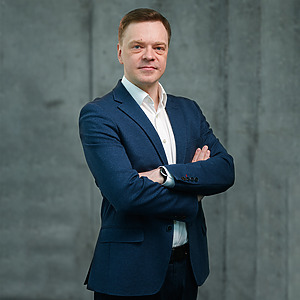Bachelor’s degree study programme
Software Systems. The programme aims to develop the ability to create, improve, and maintain software for various areas and problem-solving by applying software engineering principles.
Master’s degree study programmes
Software Engineering. The programme aims to develop the ability to apply software engineering to the development, application, and maintenance of software intended for various areas, solving relevant problems in professional activities, and conducting scientific research.
Information Technologies of Distance Education. The programme aims to develop the ability to solve relevant learning-related problems by developing and applying solutions related to information technologies, their tools and systems, and the application of engineering, as well as conducting scientific research related to the organisation of high-quality virtual and distance learning courses or studies.



